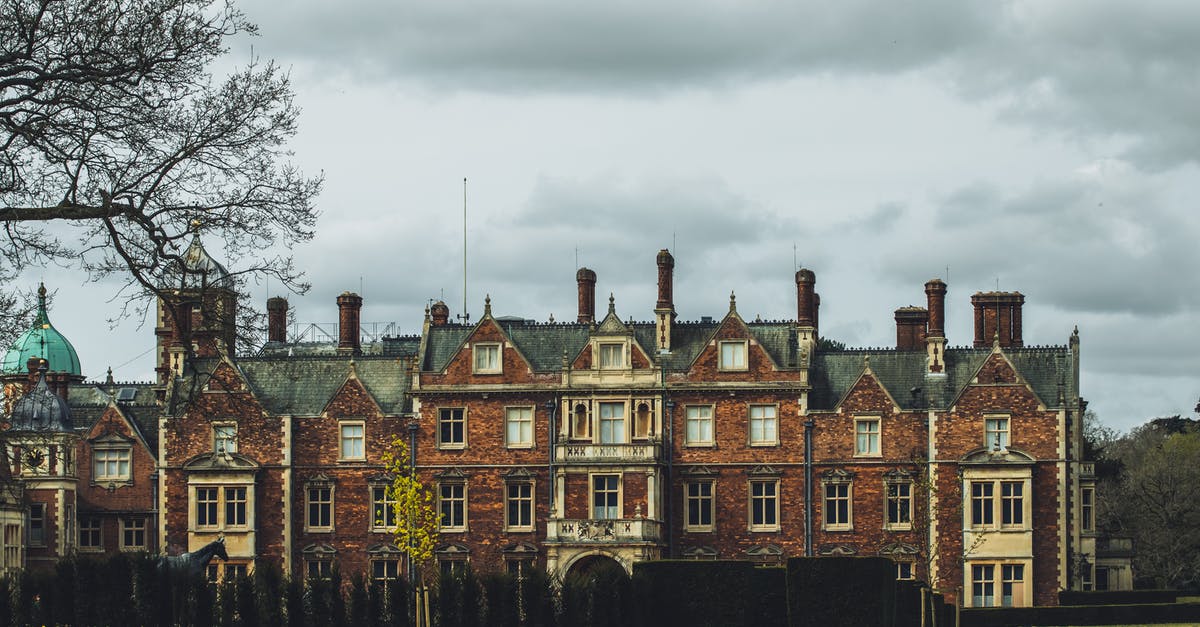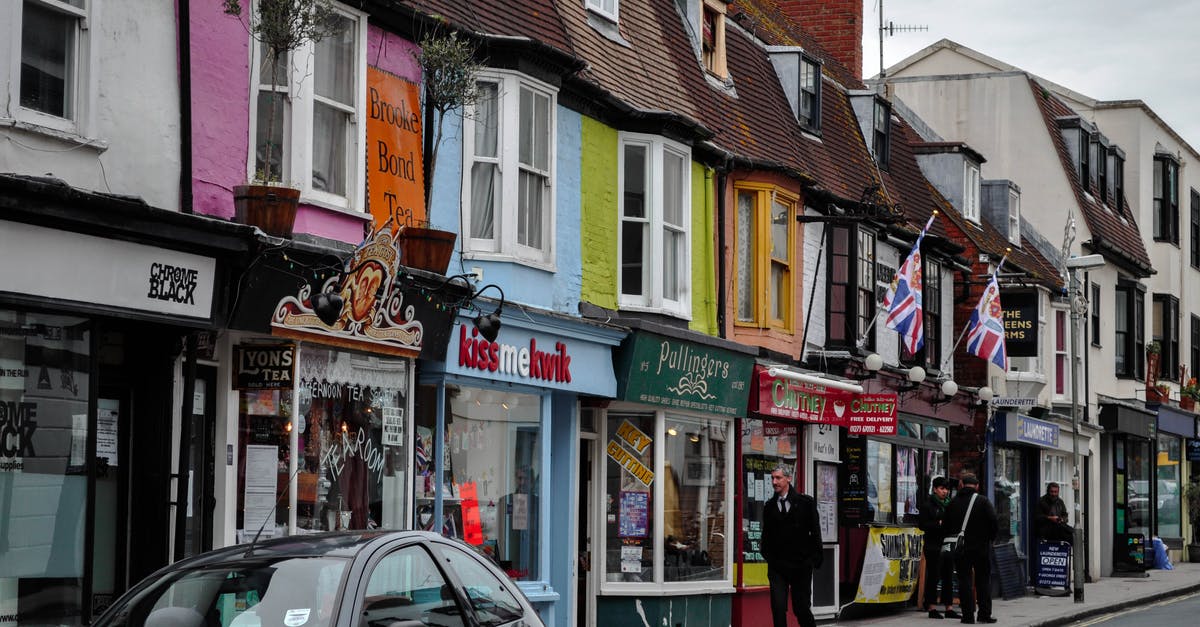UK Standard Visitor visa refusal: what went wrong?

My husband was to travel to attend my graduation ceremony in UK after many pleas from me. He is a productively busy businessman with a successful growing company and part time job. The visa application was refused on grounds that the officer does not think that he would return to Nigeria within the stipulated time. The officer said that he/she was not sure of my husband's part-time job because pay slips were not provided although a letter from the employing government organisation was provided.
Why wasn't this confirmed instead of suggesting he is lying or something negative?
The officer further said the transactions on my husband's/his company's statement of accounts presented didn't seem to be his or his business'.
I thought these things are confirmed and a review of the statements would have shown both monthly payments from the part time job and inward/outward payment for his businesses.
Further, are confirmation of documents (statements, letters) no longer done?
The officer also said and insinuated that goods/equipment bought by my husband in America to be shipped to America was not sufficient. However, evidence of shipment of the various purchased goods/equipment (from America, shipped to America, to the address of the freight forwarders) to Nigeria by the freight forwarders like UPS, Impex were attached.
I am confused, I feel crushed and the graduation ceremony for me is worthless attending alone. It seems to me that some visa applicants are first suspected of running to greener pastures in UK.
What went wrong?
What really was the objective reason for the rejection?
Why is it that genuine visa applicants are rejected and reasons given suggest that the applicant is either dishonest or has ulterior motives?
Is there any need reapplying?
If yes, what could change?
Thirdly, what is the time interval for new application after rejection?
Also, wouldn't this rejection affect future visa applications to other countries when needed?
Thank you for the swift response. As regards your questions, the reasons for refusal said you state you work part time with XYZ and as evidence you have provided a letter from them which states that you have done freelance work for them from 2012; however you have provided no documentary payment slips as evidence of payments you receive from them., you state you have a business called ABC, you provided receipts of goods purchased online to be shipped to America; however this is not evidence of your net income, I am not satisfied you have demonstrated the level of income you have stated. you provided bank statement for ABC company and yourself with no provision of evidence of funds paid into these accounts so I am not satisfied that you own the funds.
It is based on these the officer said he/she is not satisfied he would return to Nigeria within the stipulated time.
The part-time government body had said they issue pay slips to permanent employees only. For people in their category, the form they filled upon engagement with the organisation and the letter is all they have. The statement of accounts were for a six month period and the transactions there actually took place as stated in the accounts. The payment on the part time job also shows in the statement monthly. Reading the statements you will see payment for goods online. The receipts for the purchases and invoices/airway bills from the freight forwarders were also attached to show that the goods were delivered to Nigeria. Duty payment receipts were also included. He was also the successful bidder for a contract from one of the international NGO's and the email from the NGO to him on that was included amongst other documents. This job alone needs his time so he is in no way idle.
Lastly, the application was done in Abuja but treated in UK.
Added: Also, he is a first time applicant to UK. I do not know if this plays a major role in making decisions.
Best Answer
Based upon the text of your husband's refusal notice, I think the Entry Clearance Officer (ECO) made a good call. Your husband failed to qualify because he could not support his claims to having economic ties to Nigeria. The ECO did not make a personal attack on your husband as you suggest; all an ECO does is react to what's laid before him and nothing more (except for the country's risk index).
It is down to the applicant to show that they own the funds they claim to have and that their income is stable and lawful. Based upon all that's written, your text and the ECO's text, it looks like your husband was paid off-book, cash-in-hand. No salary slips, no traceable deposits, not his company, not even his bank account. They will never approve an application with that kind of optics.
For the questions you have asked...
Why wasn't this confirmed instead of suggesting he is lying or something negative?
A British ECO posted to Abuja is required to process 32 visitor applications a day, that's not a lot of time and hence applications need to be really good. Before the application arrives at his desk, it is checked out by an assistant (in your husband's case, a Nigerian national hired locally) who matches up the evidence to the rules and checks for forged documents. That is the level of confirmation your husband's application received at that stage.
At the decision-making stage, the ECO can ask for one or two additional documents if he thinks doing so will salvage the application and prevent a refusal. He decided that additional documents would not help, probably because the other pieces of evidence were a receipt for online goods (useless evidence) and the unprovenanced funds (useless evidence). The ECO probably concluded that in order to salvage the application, the entire body of financial evidence needed to be replaced, and that's tantamount to making a fresh application.
Further, are confirmation of documents (statements, letters) no longer done?
Actually, they were never done in the case of visitor applications in Nigeria. So the 'no longer done' part assumes something else, some other place? or maybe work permit applications? It's a poor assumption, they are not supposed to chase (except as explained above); it's not fair to the other applicants. And well-seasoned advice says 'never leave an Entry Clearance Officer with an ambiguous case that needs something clarified because they will use it to refuse'. It's in their training to be like that; if they don't do that, they get into serious trouble.
What really was the objective reason for the rejection?
The 'objective reason' is that your husband did not successfully discharge his onus of proof. The rules say that the applicant needs to prove their case and your husband's evidence was in serious default. That's what the refusal notice is telling you. You left out the final paragraphs of the letter where this is stated explicitly, but the text would make a reference to the exact hit(s) in Appendix V of the rules.
Why is it that genuine visa applicants are rejected and reasons given suggest that the applicant is either dishonest or has ulterior motives.
I did not see text suggesting that your husband is dishonest. Lots and lots of refusal notices issued by Ajuba speak of forgery or performance issues or credibility problems and none of that language was in the text you provided.
For the 'ulterior motives' part, it's basically true. They use a so-called 'risk index' prepared by the risk assessment unit at the British mission in Lagos. The index is a composite measure of how all Nigerian nationals have performed when they had a visa, and it can be tough to overcome in individual cases. To counter that problem, 35% of refusals issued by Abuja are sent to the higher ups for analysis to assure that the decision-making process is fair and objective. Some of the refusals are overturned outright. In some cases the applicant is invited to apply again for free. And about 98% of the time the refusal will stand.
About 45% of visitor applications submitted to the Abuja post are refused. Almost half. You are in a position to be at least marginally aware of the high refusal rate and the need for Nigerian applicants to be especially diligent.
Is there any need reapplying?
Your husband will need to make a fresh application. There are no alternative appeal or review paths available.
If yes, what could change?
Based upon all the information you have provided, your husband will need to get a proper bank account and start making regular deposits that tie out with his salary slips. You did not include ALL of the relevant text, so not much more than that can be written here.
Thirdly, what is the time interval for new application after rejection?
If you are asking if there is a cooling off period, no there isn't. Your husband can make a fresh application right now. If he uses the same evidence they will refuse again and matters will be worse.
If you are asking how long it takes them to reach a decision for an application with a previous refusal, your husband's next application will fall into the 'non-straightforward' category and the average time for those is 3 weeks with a maximum of 12 weeks.
Also, wouldn't this rejection affect future visa applications to other countries when needed?
There is no way to tell. The UK is part of an agreement to share refusal information with the USA and affluent Commonwealth members. But those places do not tell us if they use the information in a pejorative way or not.
Also, he is a first time applicant to UK. I do not know if this plays a major role in making decisions.
It may have worked against your husband. They like it if an applicant has lots of previous travel and demonstrates familiarity with the sorts of things ECO's need in order to reach a favourable decision. Your being in the UK on a student visa also didn't help much either IMHO.
Further research: A comparative inspection of the UK Border Agency visa sections that process applications submitted in Africa : Nairobi, Abuja, Pretoria and the UK Visa Section.
Pictures about "UK Standard Visitor visa refusal: what went wrong?"



Quick Answer about "UK Standard Visitor visa refusal: what went wrong?"
- Deception- submitting fraudulent or false documentation.
- Deportation order- if the applicant is the recipient of a deportation order.
- If the applicant has been convicted of a crime that warrants an imprisonment term of 4 years or more.
- Deliberately withholding documentation of a criminal record, if any.
What happens if your UK visa application is rejected?
If your UK visa application has been refused by the Home Office or UKVI, it may be possible to challenge the refusal. You may have been given a right of administrative review, a full right of appeal or no right of appeal at all.Does UK visitor visa get rejected?
Each year thousands of applications are rejected. At times applicants worry about what possibly could have been wrong with their application. In 2019, the UK visa rejection rate went up to 13%. Bangladesh, Ghana and Algeria were amongst the countries that faced visa rejections up to 40%.What are the reasons for UK visa refusal?
TOP 11 REASONS FOR UK VISA REFUSAL- Long itinerary. ...
- Unclear itinerary. ...
- Lack of leave approval letter. ...
- Lack of salary deposits in your bank account. ...
- Large undocumented deposits in your bank account. ...
- Exhausting all your savings or spending several times your monthly income. ...
- Lack of travel history. ...
- Lack of detailed cover letter.
TOP 5 REASONS FOR UK VISIT VISA REFUSALS | HOW TO AVOID UK VISITOR VISA REFUSAL | VISIT THE UK
More answers regarding uK Standard Visitor visa refusal: what went wrong?
Answer 2
Note the wording: "not satisfied" doesn't necesarily mean that the official thinks you are lying. It means that he finds the evidence in your application to be insufficient. The officer is required by law to make certain presumptions about each applicant, and it is up to the applicant to submit evidence to overcome those presumptions. The evidence may be insufficient for any of a number of reasons, most of which do not involve deception.
Sources: Stack Exchange - This article follows the attribution requirements of Stack Exchange and is licensed under CC BY-SA 3.0.
Images: Markus Winkler, Kristupas Kemeža, Kristupas Kemeža, Sophie Louisnard
